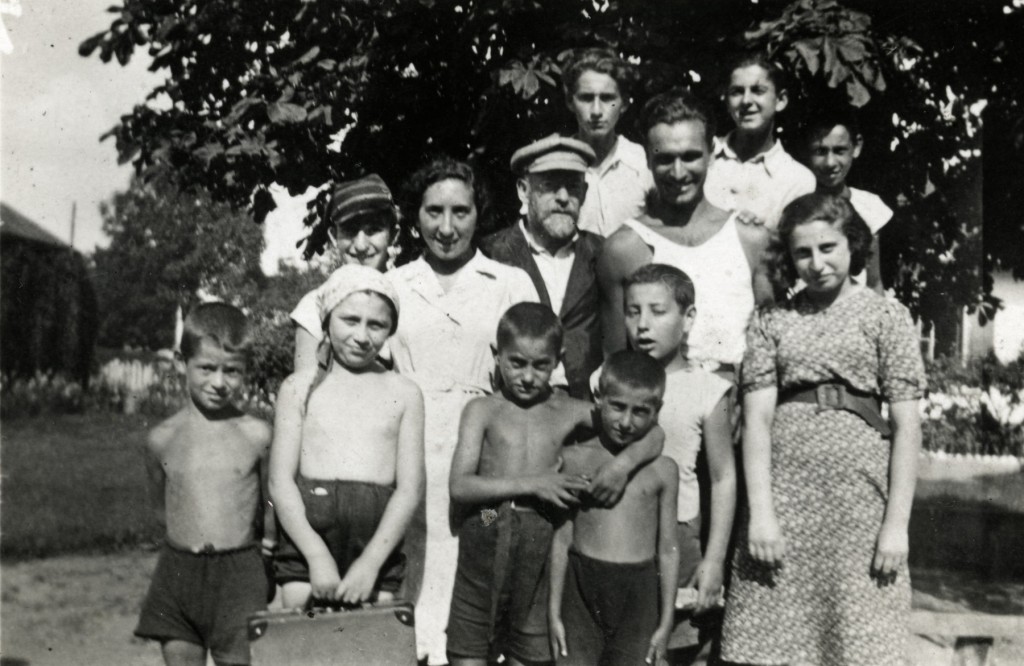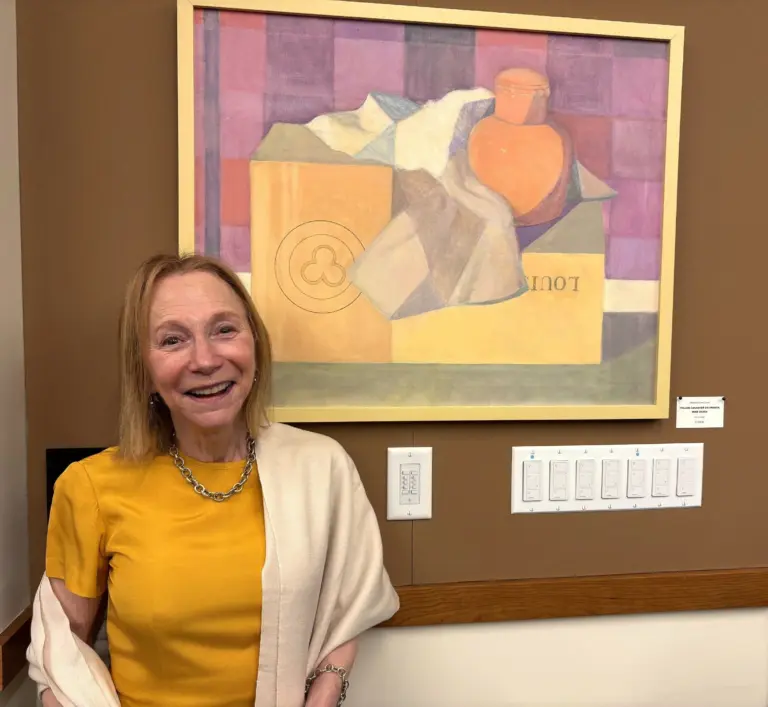

By: Adam Rohdie
Last week—January 27—was International Holocaust Remembrance Day. As a history teacher currently engaged with my 8th grade students in a study of World War Two, the timing was perfect to remember a man who is widely renowned in Europe, but mostly unknown here in the United States. Henryk Goldszmit was a Polish pediatrician and educator. He became a prolific author, writing under the pen name and the name most often used in reference to him, Janusz Korczak.
Korczak rose to prominence by founding an orphanage in Warsaw for Jewish children in 1912. When Poland was occupied by the Nazis, he was forced to move the orphanage to the Warsaw Ghetto. Finally, after being offered sanctuary many times by the Germans, he refused to leave “his children” even as they were being herded onto cattle cars headed for the Triblinka death camp. While there are no official records of the day he died, Korczak and the entire population of his orphanage were killed in the gas chambers of the death camp in 1945.
Korczak’s heroic story is one that is celebrated in Poland with tributes, statues, and historic markers. Yet, what is perhaps just as interesting, and important, is his pedagogical impact on educational philosophy. Korczak was decades ahead of time in his thinking about how best to educate children.
Korczak fully believed in empowering students in their own learning. In his orphanage, he promoted the formation of a student government that was charged with helping direct the students learning. He believed student learning should be “hands on” and, as such, the students in his care established their own working vegetable gardens, put on music performances for the public, and each week selected the story they wanted read to them by Korczak himself. The idea of student “voice and choice,” of cross disciplinary study, of project-based learning, and of connecting learning to real world have become best practices in 2021—Korczak was pushing these ideas more than 100 years ago!
His respect and reverence for children as individuals, “not people-to-be, not people of tomorrow, but people now, right now, today,” drove him to speak out for the rights of children and against corporal punishment. Korczak wrote: “In what extraordinary circumstances would one dare to push, hit, or tug an adult? And yet it is considered so routine and harmless to give a child a tap or stinging smack or to grab him by the arm. The feeling of powerlessness creates respect for power. Not only adults, but anyone who is older and stronger can cruelly demonstrate their displeasure, back up their words with force, demand obedience, and abuse the child without being punished. We set an example that fosters contempt for the weak. This is bad parenting and sets a bad precedent.” As we look back, on this Remembrance Day, I am buoyed by the words of Anne Frank as she describes a perspective that we can all benefit from in trying times:
“That’s the difficulty in these times: ideals, dreams, and cherished hopes rise within us, only to meet the horrible truth and be shattered. It’s really a wonder that I haven’t dropped all my ideals because they seem so absurd and impossible to carry out. Yet, I keep them, because in spite of everything I still believe that people are really good at heart.”
A man that recognized children as individuals worthy of respect and with the ability to drive their own learning, a man that spoke out for the rights and lives of children, a man that gave his life in service of children, is surely a man that is good at heart; Janusz Korczak is a man worth remembering—and his ideals are worthy aspirations.




